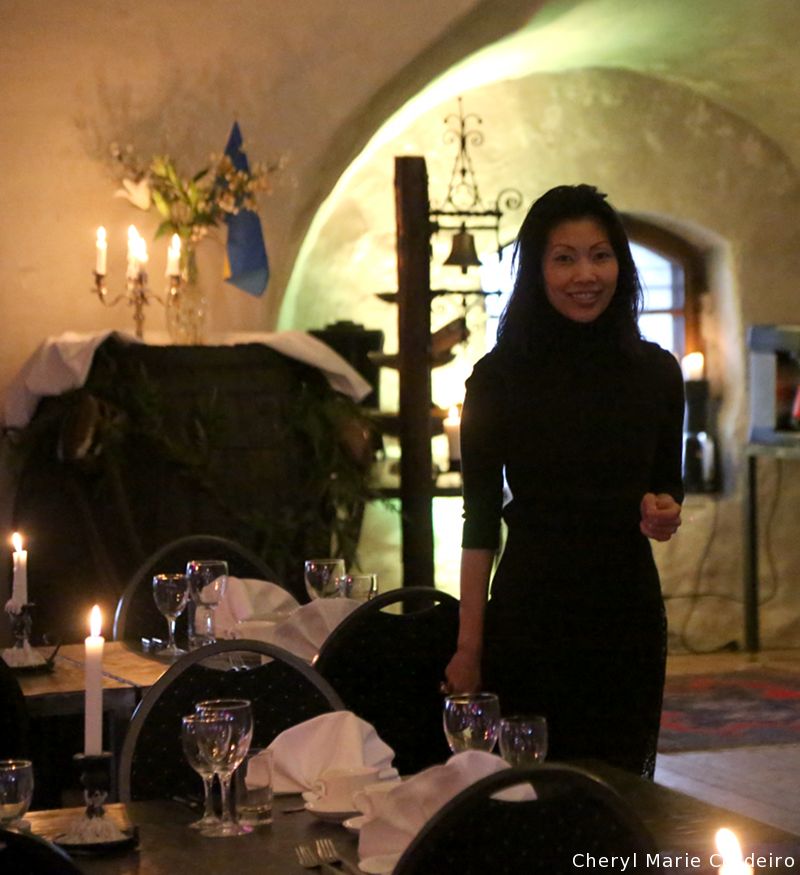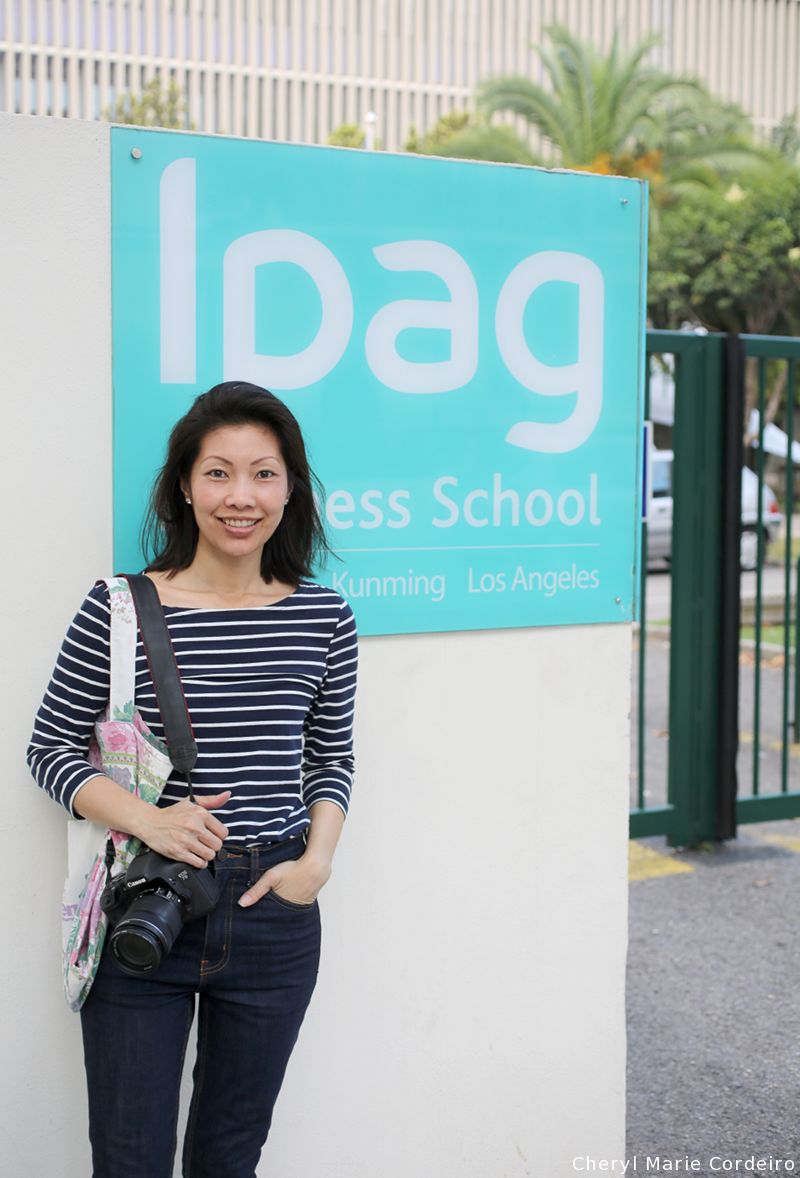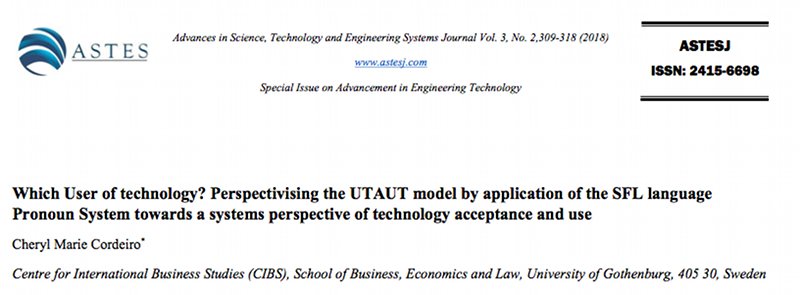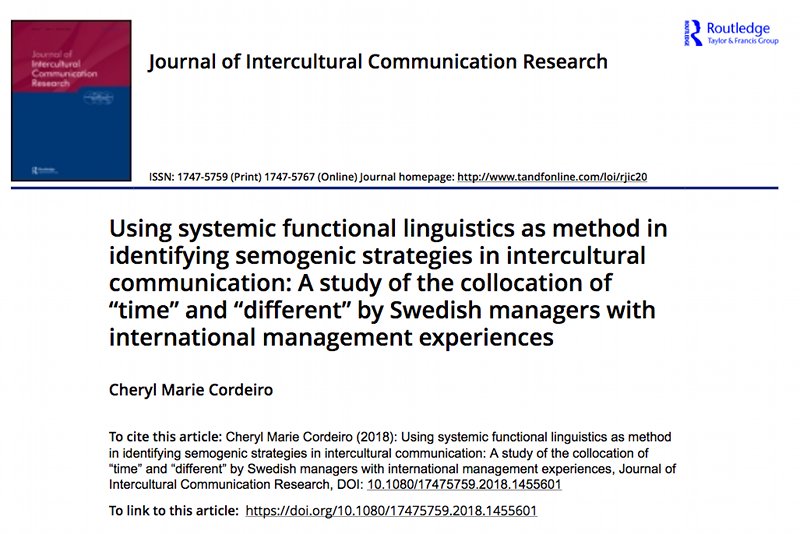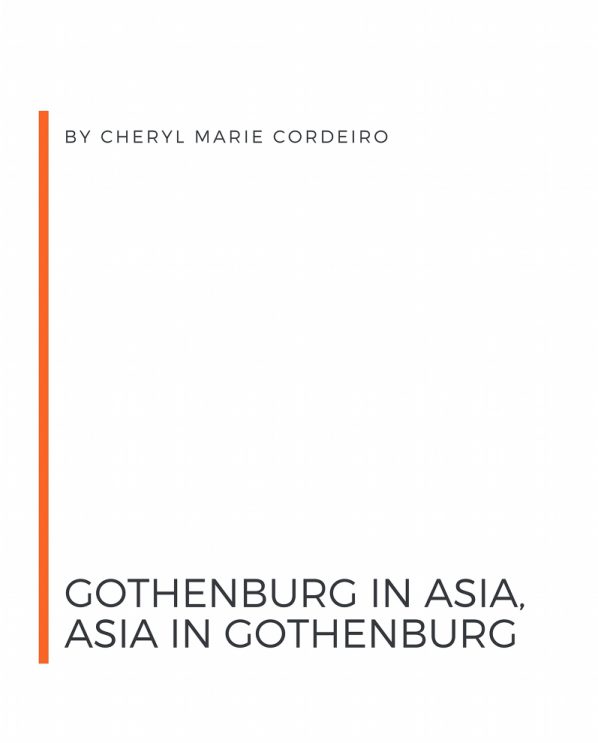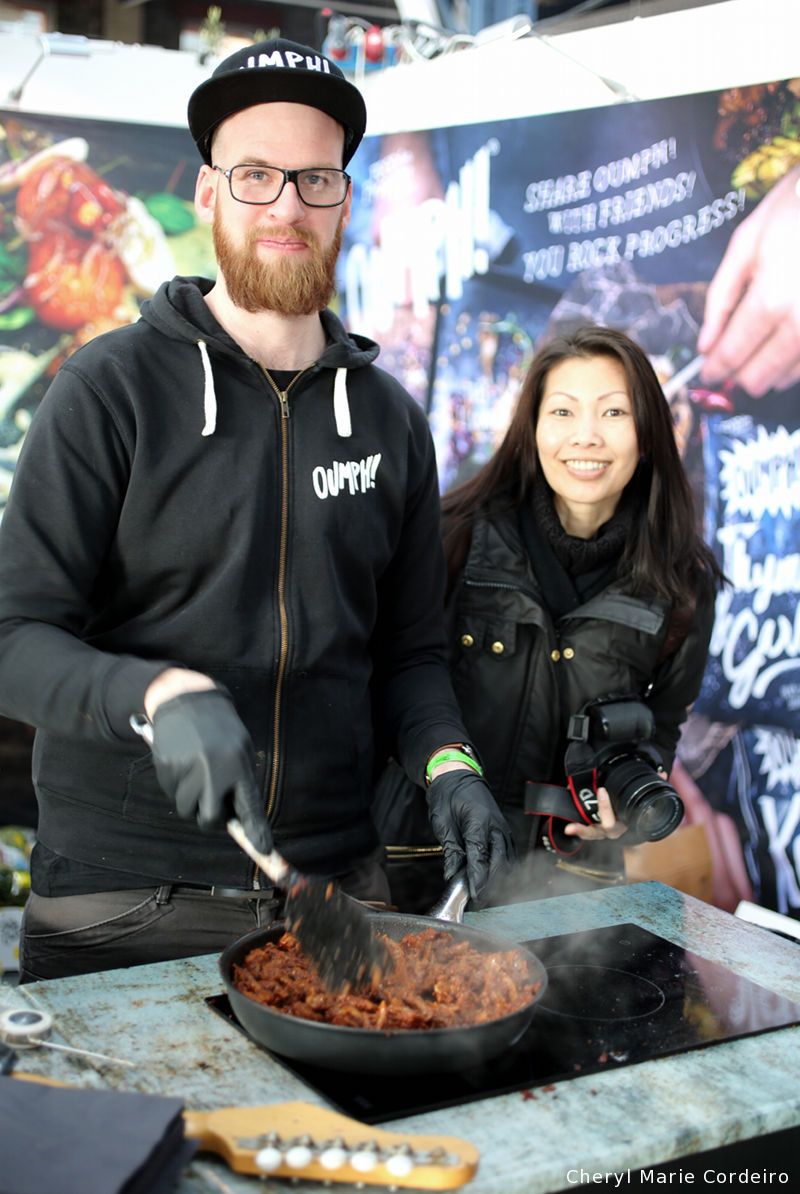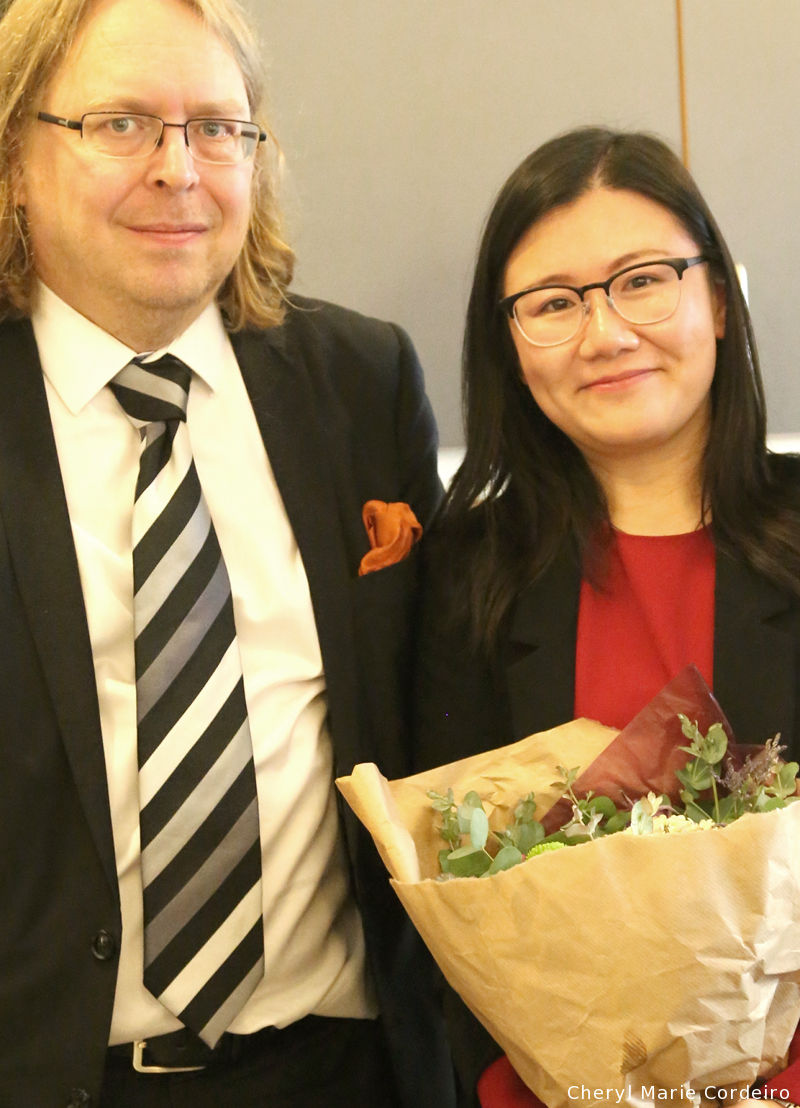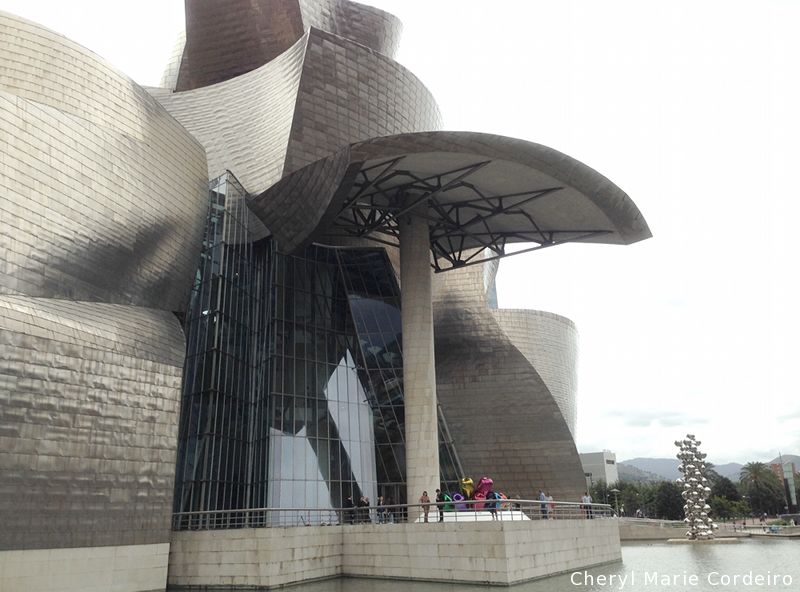At Skansen Kronan for the RESER 2018 conference dinner.
Text & Photo © JE Nilsson, CM Cordeiro 2018
The 28th annual RESER (European Association for REsearch on SERvices) conference took place this year from 20 to 22 Sep. in Gothenburg, Sweden. We had a total of 87 registered participants with some colleagues flying in from as far as China and Japan. This year, the conference was jointly hosted by The School of Business, Economics and Law at the University of Gothenburg (HGU), and Chalmers University of Technology.
The RESER conferences of 2010 and 2018 are special for me because the events seem to nicely bracket my career at HGU. My role at HGU spanned between executive management and research, where I began by being part of the RESER 2010 conference organizing and scientific committee. I find it surreal that organizing RESER 2018 and meeting with RESER colleagues is also one of the last memories that I bring with me about the Business School before moving on to join Nofima, the Norwegian Institute of Food, Fisheries and Aquaculture Research as Market Scientist at the Centre for Marketing Research located at its headquarters in Tromsø, Norway.
